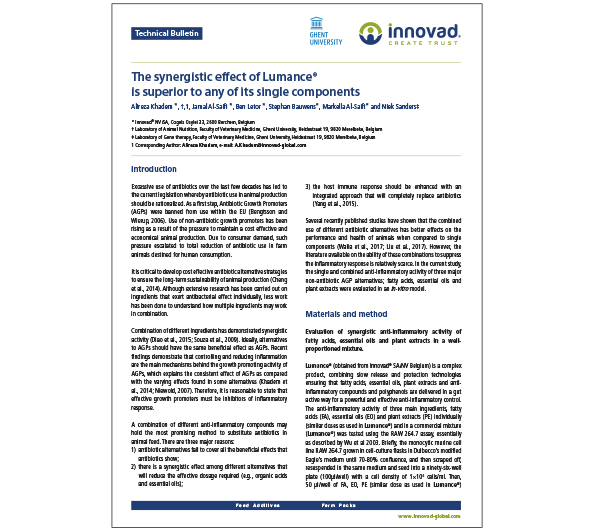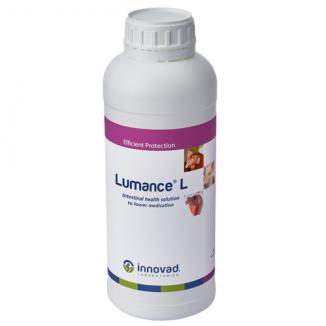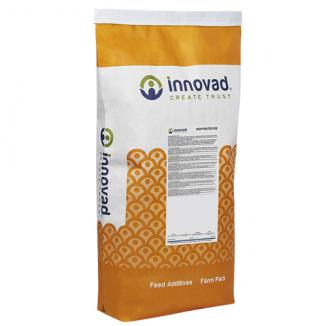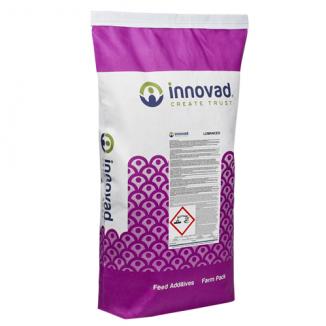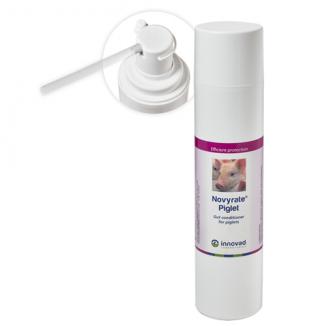A Healthy Gut
Intestinal health is the most determining factor for animal health in general, herd performance and eventually farm profitability. Harmful bacteria such as pathogenic E. coli may colonize the gastrointestinal tract, resulting in clinical and sub-clinical diseases. Reduced feed intake and daily gain, inactivity and reduced social interaction are all observed in animals with bacterial infections. In an era of increasing volatility in raw material prices and availability, securing sufficient raw materials of acceptable quality is becoming one of the main challenges for the livestock industry. In order to reduce feed costs and obtain sufficient feed raw materials, livestock producers are often forced to make use of unconventional protein and carbohydrate sources or materials of lower quality. This means that animals are constantly challenged with changing diet composition and quality, which pause risk factors for their health. In addition, stress plays such an important role by disturbing the gut homeostasis, often leading to health challenges and intestinal disorders. In pigs for example, the average litter size has increased significantly, with more, lightweight and vulnerable piglets at weaning. In addition, regulation, food safety and animal welfare are setting up new trends towards limitations or restrictions of antibiotic usage for disease treatment, medicated feed, zinc oxide etc.

Inflammation
Several stress factors have a negative impact on the quality of tight junctions. This leads to the ‘leaking gut’ syndrome, which enables big sized molecules such as toxins and aggressive radicals to leak through the gut. The results is cell damage, production of ‘Reactive Oxygen
Species’ (ROS) and activation of the immune system. The latter is automatically paired with the production of inflammatory cytokines. Neutralisation of these inflammatory components consumes significant amounts of energy and thus, nutrients which in turn leads to reduced growth and increased feed conversion rates. Subclinical inflammation can cost up to 30% of the energy requirements. Although the mode of action of Antibiotic Growth Promoters (AGP) is not yet fully understood, there is evidence that besides regulation of the microflora, AGP play as well an important role in the reduction of inflammatory cytokines. This results in substantial energy saving and improved performance.

The synergistic effect of Lumance
It is critical to develop cost effective antibiotic alternative strategies to ensure the long-term sustainability of animal production. Dr. Alireza Khadem evaluated the synergistic anti-inflammatory activity of fatty acids, essential oils and plant extracts in a well-proportioned mixture.
